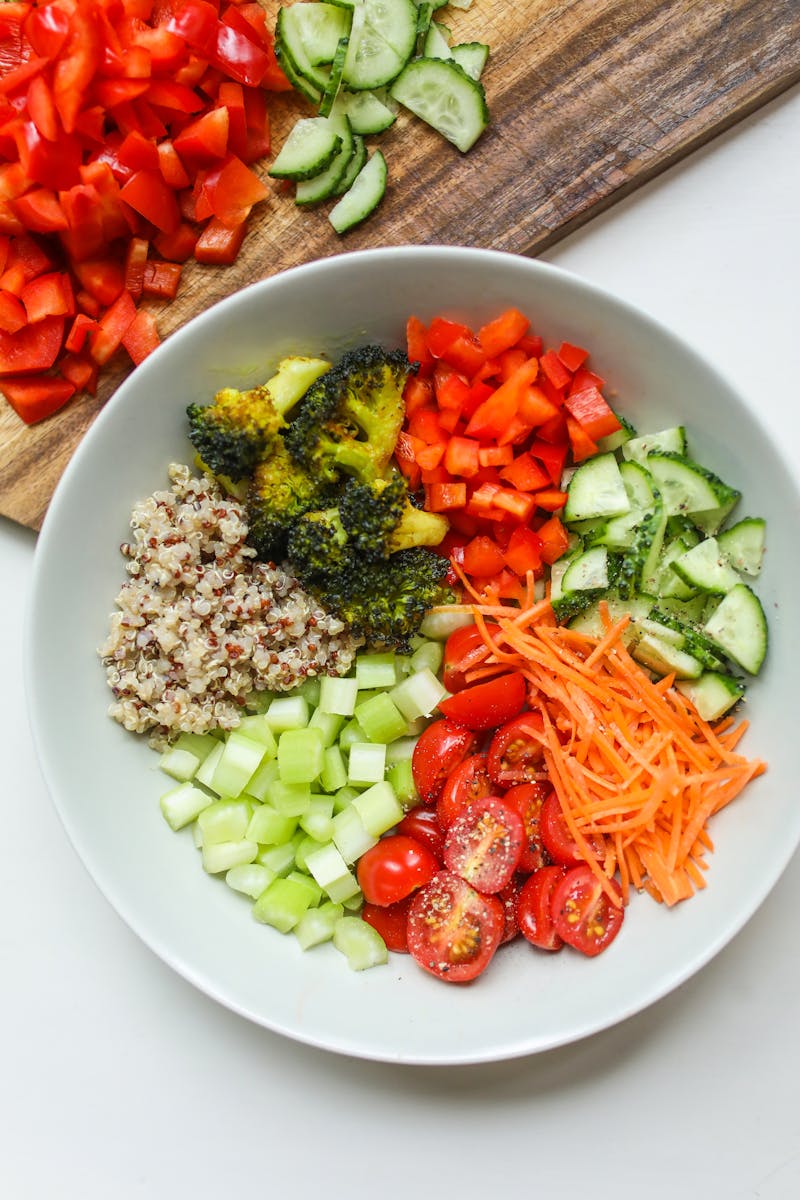🤰 Pregnancy Diet Month by Month — Complete Nutrition Guide
Introduction:
During pregnancy, a woman’s body goes through major changes every month. Eating the right food at the right time helps in the baby’s growth and keeps the mother healthy. Here’s a simple month-by-month diet plan designed especially for Indian mothers.
🌼 First Trimester (1st to 3rd Month)
- Focus on foods rich in folic acid, iron, and protein.
- Include spinach, lentils, beans, chickpeas, and fortified cereals in daily meals.
- Dairy products like milk, curd, and paneer help provide calcium.
- Eat small and frequent meals to reduce morning sickness.
- Dry fruits like almonds and walnuts are healthy snacks.
- Avoid raw or undercooked foods, soft cheese, and unpasteurized milk.

💚 Second Trimester (4th to 6th Month)
- This stage is important for the baby’s bone, muscle, and organ development.
- Focus on protein, calcium, vitamin D, and omega-3 fatty acids.
- Eat whole grains, legumes, sprouts, leafy vegetables, and seasonal fruits.
- If non-vegetarian, you can have eggs or low-mercury fish occasionally.
- Stay hydrated with water, coconut water, or buttermilk.
- Don’t overeat — focus on quality rather than quantity.

🧡 Third Trimester (7th to 9th Month)
- The baby’s weight and brain growth are at their peak now.
- Include iron and fiber-rich foods like beetroot, jaggery, green veggies, and whole grains.
- Eat fiber foods to prevent constipation and stay hydrated.
- Healthy fats like walnuts, flaxseed, and chia seeds support brain development.
- Eat a light dinner and avoid spicy or heavy meals before bedtime.
- Include vitamin K-rich foods like leafy greens in the last month.

🌿 Important Tips & Precautions
- Take supplements (folic acid, iron, calcium) prescribed by your doctor regularly.
- Avoid junk food, sugary drinks, and processed items.
- Limit caffeine (tea, coffee) intake.
- Always wash fruits and vegetables properly before eating.
- Consult your doctor for any medical condition like thyroid or diabetes.
Note: This article provides general guidance. Always consult your gynecologist or registered dietitian before making any dietary changes.




.png)





0 Comments